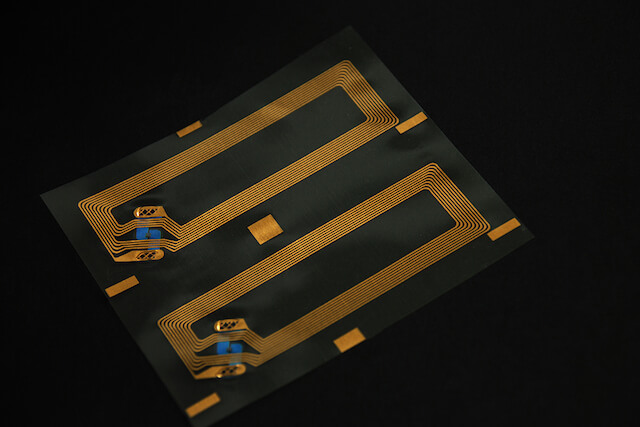How RFID Is Incorporated Smartly Across Different Industries

In today’s world, RFID plays an integral and unmatched role. It is not only crucial for inventory purposes, but also logistical applications.
In fact, RFID technology has provided immense support to thousands of companies and industries in different sectors of the economy. Particularly, RFID has matched application of the technology with business goals. For one, it helps to optimise production processes, and supply chain operations.
Below, we will discuss more how RFID’s implementation has helped many businesses across various sectors significantly.
Industrial IoT
In full IoT, it stands for “Internet of Things” – a system of interrelated mechanical and digital machines, computing devices or objects, that have unique identifiers and possess the ability to transfer information via a network without the need for human-to-computer or human-to-human interaction.
Many mainstream industries are rapidly connecting to IoT. It helps them to increase productivity, and boost accuracy. RFID tags come into the picture by collecting data on different products, then identifying, tracking, and monitoring in real-time. This information can then get shared across different sectors of the industry across different devices.
Supply chain management is the biggest beneficiary of real-time data transfers. A sector as vital as this makes decisions based on real-time data from assets. Therefore, the ability to track items and get information about them on the go is crucial.
Medical sector
The healthcare industry is another important beneficiary of RFID technology.
In more ways than one, it has benefitted from the application of RFID tags. From superior management of hospitals and healthcare facilities, to management of patients and staff – RFID has played a huge role. Moreover, it is said that the safety of these institutions has gone up following the use of RFID, and its implementation has even brought down unnecessary costs that previously overwhelmed medical institutions.
For instance, RFID is known to be an asset tracking system which has helped in inventory/quality control within the medical industry, as RFID systems are able to easily sort, track, and order medical supplies as and when needed. This ensures more reliable process flows and positive results for patients.
Meanwhile, when it comes to patient safety – there are RFID embedded devices which help to lower the chances of infection during replacement surgeries like those involving knees and hips or missing devices/tools needed during surgery.
Logistics and Retail
RFID has transformed the logistics and retail industry tremendously.
Initially, customers, especially in the retail sector, had to wait without knowing when their items or products will be delivered. The process took long due to the slow nature of identifying where specific items are. Right now, RFID retail helps in smart tracking to ensure that warehouse staff get the specific items faster.
Since its inception, RFID has also helped to cut down errors, save costs, and improve efficiency plus productivity. Industries no longer have to struggle with theft on inventory, and other challenges that arose mainly due to human errors or involvement.
RFID has indeed helped numerous industries to ease operations, tighten security, save costs, and keep better track of inventory. Especially when it applies to industries like the defense sector, military RFID can help in achieving the previous-mentioned pointers.